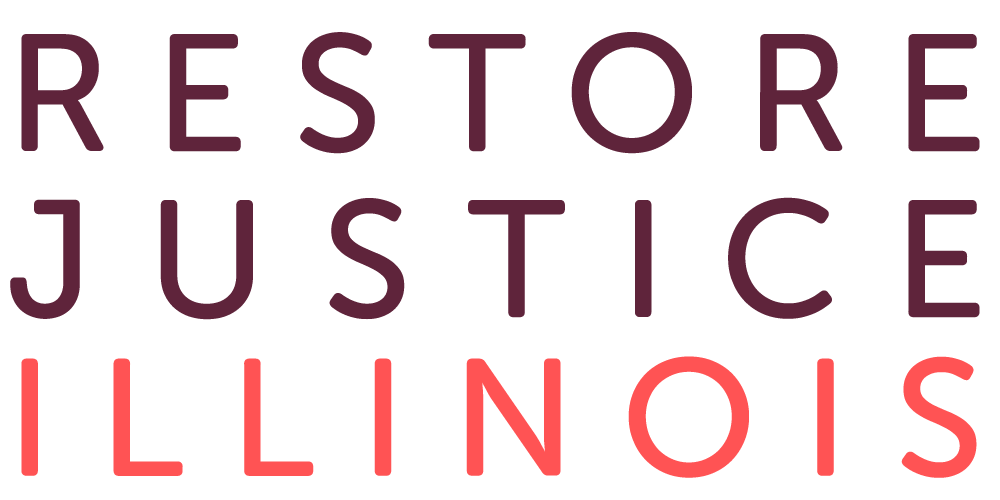CHARLES ROESKE – 2022
CANDIDATE FOR THE ILLINOIS HOUSE’S 59TH DISTRICT
Party affiliation (options: Democrat, Republican, Independent, other):
REPUBLICAN
QUESTION 1: There are several areas of criminal sentencing law that help fuel long-term incarceration. For each of the policy areas below, please indicate if you support changes. Expand on your answer if you would like to share additional comments.
Mandatory gun enhancements: Judges must add 15 years to the sentence of a person 18 and older who possesses a firearm during a crime. For those ages 17 and younger, judges have the discretion to decide whether to add the gun enhancements.
Should Illinois make gun enhancements discretionary for everyone, even adults?
YES
Accountability: Accountability theory allows individuals to be convicted of the same serious crimes as their co-defendant(s) in an underlying felony, even if they did not directly participate in or plan to participate in the other crime. Should Illinois abolish or narrow the usage of accountability theory?
YES
Earned sentencing credits: In Illinois, most individuals serving prison time are unable to earn time off their sentences for good behavior or for successfully completing rehabilitative programming because of a “truth in sentencing” law passed in 1998. This reduces incentives for good behavior and decreases safety in prisons. Should Illinois restore earned sentencing credits to pre-1998 levels?
NO
Parole review: Parole is early earned release and allows people who are rehabilitated to come home. Since Illinois abolished parole in 1978, the only people who are eligible for parole are those who were sentenced before 1978 and most young people under 21 who were convicted after June 2019. Should Illinois restore parole as a system for early release?
NO
Life without parole sentences for children and young adults: Following the U.S. Supreme Court’s decision in Miller v. Alabama, Illinois created parole review opportunities for most people 20 and younger entering the system. Youth could still serve their full sentence if the Prisoner Review Board and Governor reject their application for early release. Should Illinois now expand parole opportunities to all individuals convicted before age 21?
YES
QUESTION 2: In 2021, the General Assembly created the Resentencing Task Force to consider innovative ways to reduce the prison population by exploring pathways for resentencing review. The Task Force will release its recommendations to the Legislature later this year. Given that Illinois eliminated parole or earned early release for most people in 1978, should people who are serving long sentences and who are rehabilitated be allowed the opportunity to apply for early release?
YES
QUESTION 3: What do you think are the best ways to address violence and ensure community safety?
ENFORCING OF THE LAWS AS ON THE BOOK AND APPROPRIATE SENTENCING. ADDITIONALLY I THINK THE PROPER TRAINING AND EQUIPPING OF LAW ENFORCEMENT IS IMPORTANT. LASTLY I THINK IT IS UP TO THE LOCAL POLICE DEPARTMENTS TO FIX THINGS WITH THEIR COMMUNITIES TO BUILD TRUST AND PARTNERSHIP.
QUESTION 4: What are your general thoughts on the criminal legal system in Illinois (i.e., anything related to policing, incarceration, prosecution, sentencing, or re-entry), and what do you see as the biggest opportunities for improvements over the next several years? Have you experienced any parts of the criminal legal system firsthand, whether through your own personal experience or that of a family member or friend, that you’d like to share?

